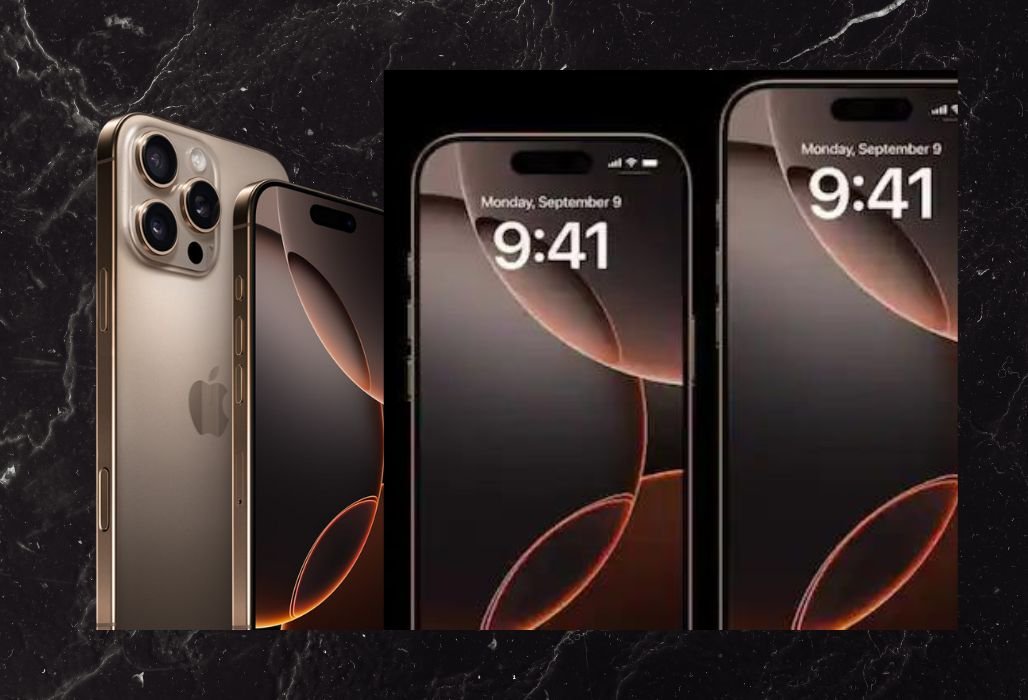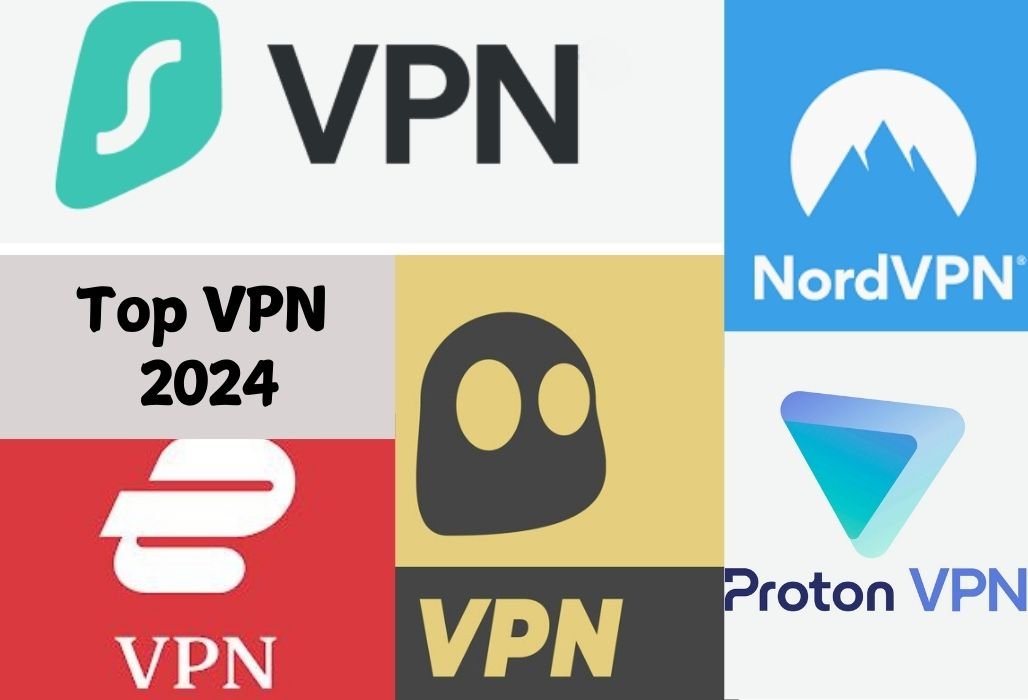The Future of Filmmaking: How AI Could Transform Art Beyond Recognition
Artificial intelligence (AI) is rapidly becoming a central force in various industries, and the world of filmmaking is no exception. At the recent SIGGRAPH 2024 conference, filmmakers, visual effects experts, and AI specialists gathered to discuss the potential impact of AI on the art of filmmaking. The consensus was clear: AI is poised to change the industry, possibly beyond recognition.
AI’s Growing Role in Filmmaking
AI has already made inroads into the film industry, particularly in areas like visual effects (VFX) and post-production. Current AI tools can automate tasks such as rotoscoping, color correction, and even basic editing, saving filmmakers time and resources. However, the potential of AI extends far beyond these technical applications.
One of the most intriguing possibilities discussed at SIGGRAPH is the use of generative AI to create entire scenes or even whole films from scratch. Imagine a filmmaker inputting a script into an AI system that then generates realistic characters, environments, and even dialogue based on the text. This could open up new creative avenues, allowing filmmakers to experiment with ideas that would have been prohibitively expensive or time-consuming to produce using traditional methods.
The Promise of AI in Creativity
Proponents of AI in filmmaking argue that the technology could democratize the industry by lowering barriers to entry. With AI handling much of the technical work, independent filmmakers could produce high-quality content without needing the vast resources typically required for blockbuster films. This could lead to a surge in creativity, as more voices and stories find their way onto the screen.
Moreover, AI could enable entirely new forms of storytelling. For example, interactive films where the narrative changes based on viewer input could become more feasible with AI-driven content generation. This could transform the passive experience of watching a movie into an active, participatory event, blurring the lines between film, video games, and other forms of entertainment.
Concerns About the Impact of AI on Art
Despite the excitement surrounding AI’s potential, there are significant concerns about how it might affect the artistic integrity of filmmaking. One of the primary fears is that as AI becomes more advanced, it could lead to a homogenization of visual styles. If many filmmakers rely on the same AI algorithms and models to generate content, there is a risk that films could start to look and feel increasingly similar, losing the unique, human touch that has long defined great cinema.
Another concern is the potential displacement of human talent. As AI takes over more aspects of production, the roles of writers, directors, and even actors could be diminished. This raises questions about the future of jobs in the industry and whether AI-generated content can truly replace the nuanced performances and creative decisions made by humans.
The Ethical Dilemma
Beyond the artistic concerns, there are ethical questions to consider. As AI-generated content becomes more prevalent, issues of authorship and ownership will become increasingly complex. Who owns a film generated by an AI? How do we credit the creators of AI-driven content? These are just a few of the questions that the industry will need to address as AI continues to evolve.
Looking Ahead: Balancing AI and Human Creativity
The future of filmmaking in an AI-driven world is uncertain, but what is clear is that the technology will play an increasingly significant role in the industry. The challenge will be finding a balance between leveraging AI’s capabilities and preserving the human creativity that lies at the heart of great filmmaking.
Filmmakers and industry leaders must work together to ensure that AI is used as a tool to enhance creativity, rather than replace it. This will require thoughtful regulation, ethical considerations, and a commitment to maintaining the diversity and originality that make filmmaking an art form.
Conclusion
AI holds tremendous potential to transform the film industry, offering new tools for creativity and efficiency. However, as this technology continues to develop, it is crucial for filmmakers to navigate the ethical and artistic challenges that come with it. The future of filmmaking will likely involve a combination of AI-driven innovation and the irreplaceable human touch that defines true art.
FAQs
1. How is AI currently used in filmmaking?
AI is already being used in various aspects of filmmaking, including visual effects, post-production, and editing. It can automate tasks such as rotoscoping, color correction, and even some aspects of scriptwriting.
2. What are the potential benefits of AI in filmmaking?
AI could lower production costs, democratize the industry by making high-quality filmmaking accessible to more creators, and enable new forms of interactive storytelling.
3. What are the concerns about AI in filmmaking?
There are concerns that AI could lead to a homogenization of visual styles, diminish the roles of human creatives, and raise ethical questions about authorship and ownership.
4. Can AI replace human creativity in filmmaking?
While AI can enhance certain aspects of filmmaking, it is unlikely to fully replace human creativity. The unique, personal touch that human filmmakers bring to their work is still essential to creating compelling stories.
5. What does the future hold for AI in filmmaking?
AI is expected to play a growing role in the industry, but its impact will depend on how it is integrated into the creative process. The challenge will be balancing AI’s capabilities with the need to preserve human creativity and artistic integrity.




